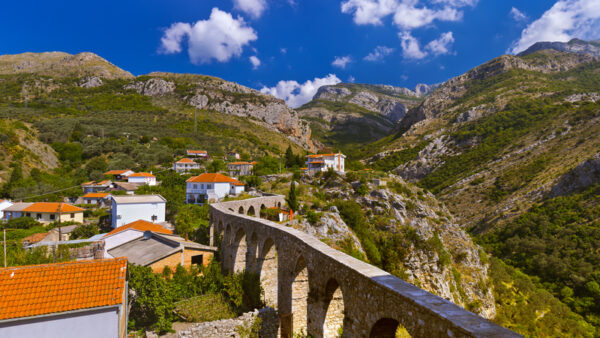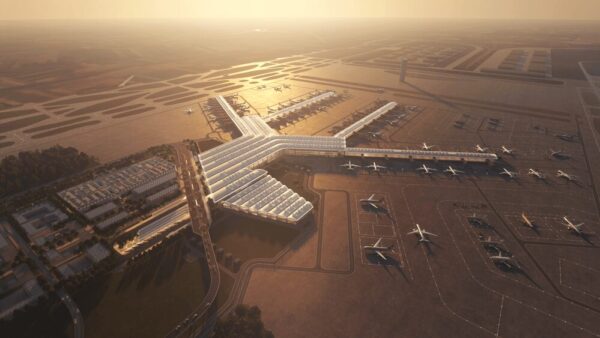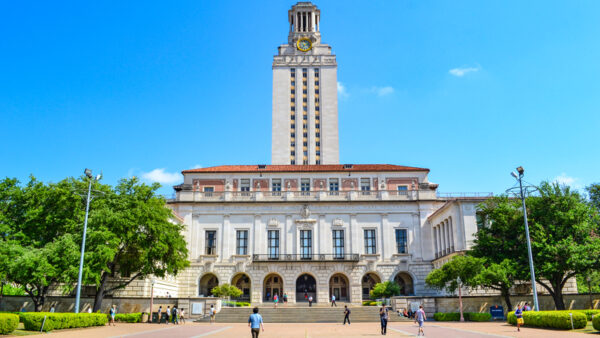Plans to build a 3GW hydropower complex on the Donga River in eastern Nigeria, which have been under discussion since 1972, were given a boost last week when President Xi Jinping of China announced his support for the project.
The Chinese leader was speaking in response to a request for help from President Buhari of Nigeria, who has made the construction of the scheme, on the Mambilla plateau in Taraba State, a key priority of his government.
Buhari said in a tweet: “I told President Xi that the Mambilla Hydropower Plant is Nigeria’s equivalent of China’s Three Gorges Dam, and that our hope is to fund the project with concessionary loans from China.
I told President Xi that the Mambilla Hydropower Plant is Nigeria’s equivalent of China’s Three Gorges Dam, and that I look forward to him joining me for the groundbreaking ceremony in the not-too-distant future. I am fully committed to the realization of this landmark project. pic.twitter.com/j5Wc6ufJ04
– Muhammadu Buhari (@MBuhari) September 5, 2018
“I am fully committed to the realization of this landmark project and i look forward to him joining me for the groundbreaking ceremony in the not-too-distant future.”
In reply, Xi promised China’s support and commented that Mambilla would be a “huge opportunity” for Nigeria to harness its hydro potentials for electricity and irrigation.
The project would consist of three dams on the Donga and its tributaries, which forms part of the border between Nigeria and Cameroon.
Water from the dams would be diverted through three tunnels with a total length of 33km to a massive underground powerhouse, after which the water would rejoin the Donga. When complete, the Mambilla complex would increase Nigeria’s installed capacity by about 60% of its 2016 figure – although estimates of Nigeria’s electricity infrastructure vary greatly.
The start of the scheme has been repeatedly announced and cancelled over the past 10 years or so. In 2007, a contract was awarded to China Gezhouba Group and the Sinohydro Corporation, then a second memorandum of understanding was signed with Sinohydro in November 2012, only to be called off in December 2013.
In 2016, Babatunde Fashola, the energy minister, raised hopes of an imminent start to the scheme. A feasibility study and an environmental impact assessment were carried out, but work did not begin in earnest on site.
The following year, Mr Fashola said the project would be let to China Civil Engineering Construction Corporation. He said at the time that China’s Export-Import Bank would provide 85% of the funding, and that construction should take around six years (see further reading).
According to the Environmental Justice website, some 100,000 people would be displaced by the dam.
Image: China hosted President Buhari’s delegation in the Great Hall of the People (Buhari/Twitter)






